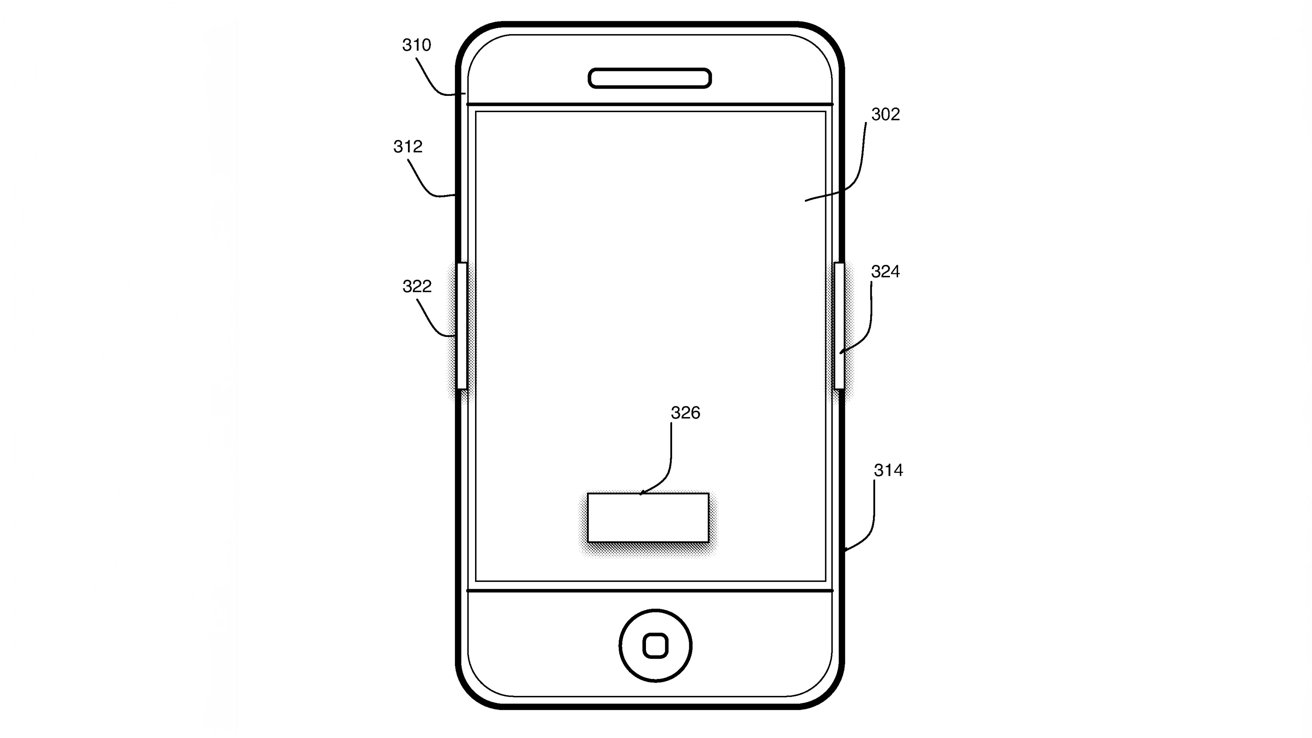Passwords, Touch ID, and Face ID could all be a thing of the past, as Apple is working on a future where unlocking your devices is as easy as just holding a future iPhone or letting your Apple Watch sense your unique heart rhythm.
Everyone's heart has a unique rhythm, which the Apple Watch monitors through the ECG app. In a recently granted patent, Apple describes a technique for identifying users based on their unique cardiovascular measurements.
With this technology, you can unlock all your devices if you keep wearing your Apple Watch. Verifying your heart patterns instead of a password or a fingerprint scan increases security and speeds up your identification.
Currently, for example, you need to unlock your Apple Watch with a passcode to use it to unlock your Mac. Putting on your Watch and taking an ECG reading would allow you to unlock your Mac without entering a password or passcode. If you leave your watch on your wrist, you'll be authenticated to unlock your other devices.
To take an ECG reading, a user needs to have two points of contact. With the Apple Watch, the sensors are at the back of the watch and in the digital crown. Launching the ECG app and touching the digital crown makes a circuit that allows the heart to be measured.
Apple's patent describes a new approach to iPhone design that would allow it to authenticate using heart rate by simply holding the iPhone normally. The entire exterior of the iPhone would be transformed into a heart-measuring device.
The patent also discusses using ECG data to detect a user's "mood." Apple gives the example of measuring heart characteristics during a workout and playing music with the right beats per minute to match it.
An example would be streaming a faster-paced song when a user needs to work harder, or automatically playing a slow-paced song during cooldown.
The patent was credited to Gloria Lin, Taido L. Makajima, Pareet Rahul, and Andrew B. Hodge. Lin has been credited with various patents, including identifying users based on biometrics and other data.
 David Schloss
David Schloss







-m.jpg)






 Andrew O'Hara
Andrew O'Hara
 William Gallagher
William Gallagher
 Andrew Orr
Andrew Orr
 Mike Wuerthele
Mike Wuerthele
 Bon Adamson
Bon Adamson
 Marko Zivkovic
Marko Zivkovic
 Wesley Hilliard
Wesley Hilliard
 Amber Neely
Amber Neely



-m.jpg)



7 Comments
Doesn’t apple do something similar with wearing a mask, face id will log you in as long as you wear your Apple Watch?
This technology sounds like it could easily be applied to health monitoring. The authentication use cases are okay but not as critical. But unlike a fingerprint, face id, or retinal scan, methods of authentication this methods introduces additional possibilities for authorization purposes.
For example, a human's heart rhythm can change when the person is under the influence of drugs or alcohol. I can see this method and technology being used to determine whether a driver, pilot, machine operator, security guard, military member, etc., who is has authorization credentials to access a machine, system, or entry to a secure area is allowed to operate a potentially dangerous machine or enter a facility when they are in an impaired state. There are potentially many other things besides drugs/alcohol that can be interpreted as "impairment" that affects a person being authorized to carry out certain activities.
This may prove to be problematic with some of the folks in finance and big corporations. Last time they had a CRT scan it was hollow where the heart should be :D :D :D
TSA: Aww yess!